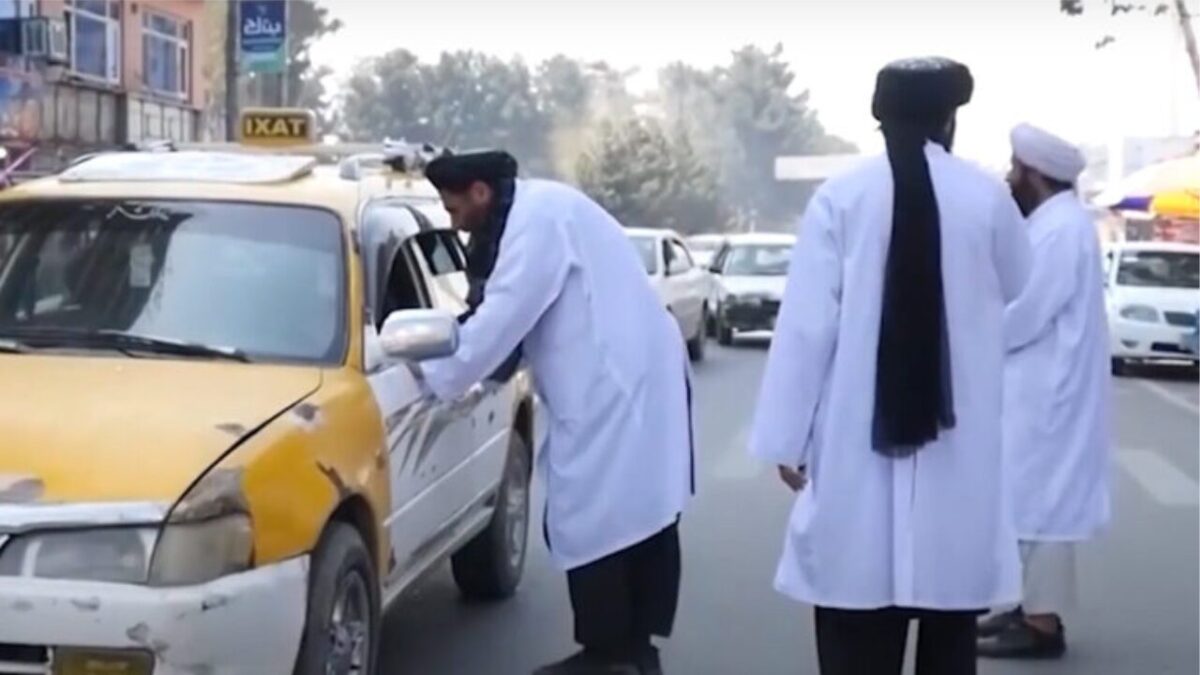The UN Assistance Mission in Afghanistan (UNAMA) in a report released Thursday has documented widespread enforcement of the Taliban’s “law on the propagation of virtue and prevention of vice,” or the morality law, reporting the deployment of more than 3,300 enforcers across 28 provinces and detailing broad-scale detentions, restrictions on daily life, and economic impacts since the law’s implementation in August 2024.
In this report, UNAMA has revealed that enforcement operations by the Ministry for the Propagation of Virtue and the Prevention of Vice (PVPV) have led to arbitrary detentions, forced compliance checks, and harsh penalties across the country. The law, which codifies prior decrees restricting personal freedoms, has particularly targeted men’s appearance and women’s access to public life.
Key Figures:
3,300 male PVPV inspectors deployed in 28 of Afghanistan’s 34 provinces.
Over half of all documented arbitrary detentions were related to men’s non-compliant haircuts or beard length.
Multiple detentions were reported for men who failed to attend congregational prayers or were caught listening to music, taking photographs, or playing videos.
Inspectors have detained individuals for up to three days in police lockups, mobile checkpoints, or makeshift detention containers.
UNAMA notes that the Taliban have established provincial implementation committees in at least 28 provinces to oversee enforcement. These committees, led by provincial governors, coordinate with religious leaders and local officials to monitor public compliance.
Women and girls have borne the brunt of the law’s restrictions. Enforcement has intensified bans on female education, employment, and public visibility:
Hijab enforcement surged from 13% to 70% in surveyed areas.
Restrictions on public access for women rose from 38% to 76%.
Girls’ education above grade six is restricted in 98% of communities, up from 79%.
The law’s socioeconomic effects are also stark. Women-owned businesses reported diminished revenue and limited access to clients due to mahram travel restrictions. Barbers, tailors, and photographers have seen income plummet due to enforcement against modern grooming, music, and image creation. Health workers, particularly women, face increased barriers to employment, and patients struggle with mahram travel requirements.
In the humanitarian sector, enforcement has disrupted aid delivery:
46% of aid agencies say women can no longer travel to field sites.
49% report they are no longer allowed to meet with female beneficiaries.
60% say they can no longer take photographs during aid distributions, further complicating documentation and reporting.
UNAMA warns that the PVPV law is contributing to a climate of fear and self-censorship, with community and family members increasingly enforcing Taliban edicts at the household level. A growing number of families are sending daughters abroad due to education bans, resulting in the outflow of substantial financial resources.
The report concludes that these developments are pushing Afghanistan further from international norms, noting that the United Nations Security Council has urged the Taliban to reverse the policies, including the vice and virtue law, as part of its call for restoring basic rights and freedoms.
“The propagation of virtue and prevention of vice law is not only reshaping Afghan society—it is actively compounding the country’s humanitarian and economic crises,” the report stated.





